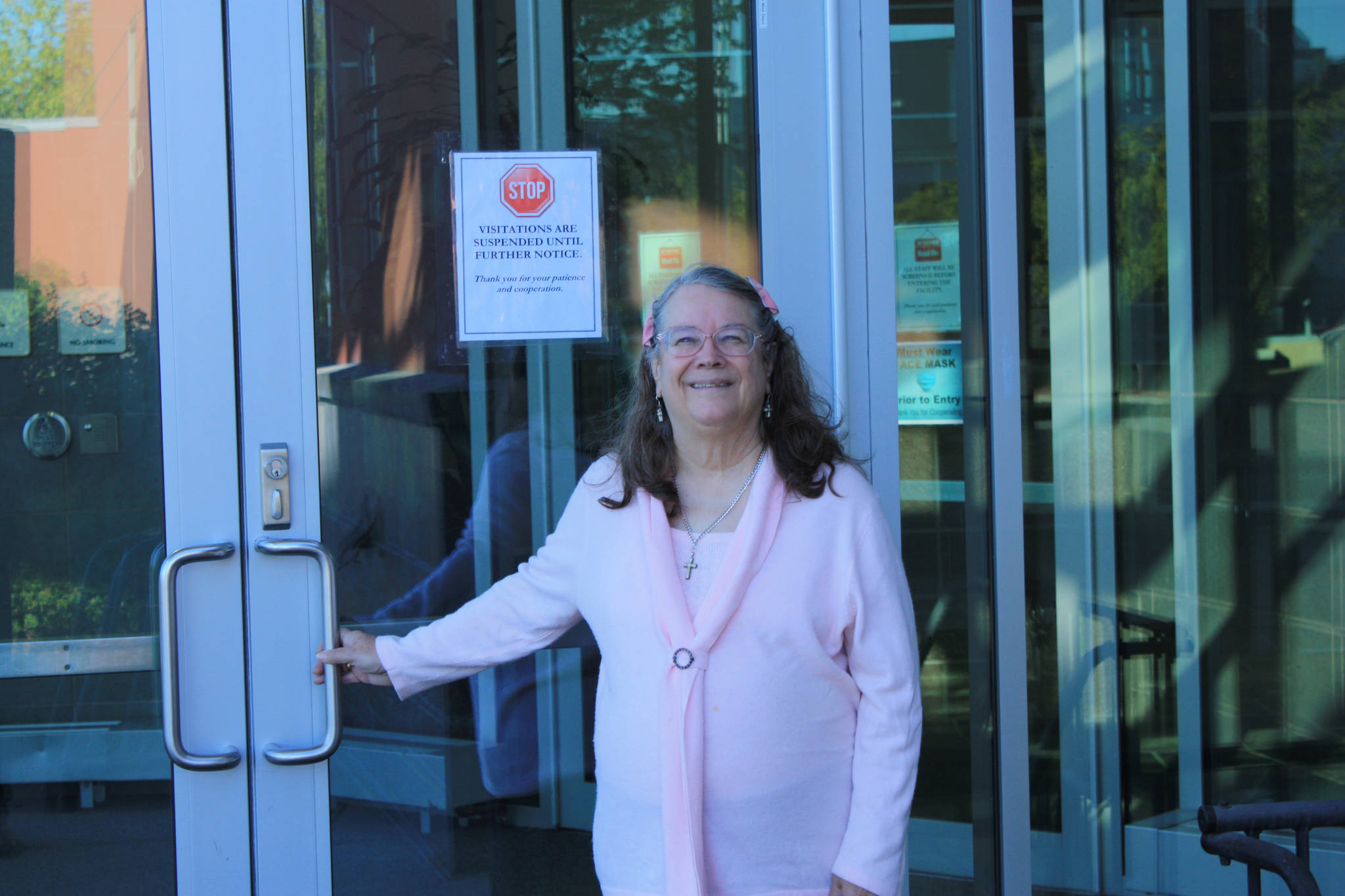By Faith J. Myers
For the last 60 years, the Alaska Legislature has passed laws that do a poor job of protecting the disabled. State law AS47.30.660 (b) (13) lets the state turn the care of disabled individuals over to managers of private facilities with what many consider an insufficient state standard of care. The Legislative Legal Services made that point in 2015.
In keeping with Alaska’s indefensible tradition of passing laws with a poor standard of care and rights, House Bill 172 and Senate Bill 124 are moving through the House and Senate. These bills w0uld expand existing Title 47, allowing peace officers and mental health professionals to temporarily hold Alaskans accused of having a mental health crisis.
The state psychiatric patient grievance law, AS47.30.847, according to the Department of Health and Social Services and others, only applies to five hospitals or psychiatric units. That would mean the thousands that would be taken into custody if HB172 and SB124 pass, would not be protected by a state grievance and appeal process law.
And for the people that will be handcuffed and brought into the new psychiatric units for a forced evaluation or treatment, the Legislature has made no provision in the bills or otherwise, to keep statistics of the number of detained people that are injured, the number and type of complaints and the type of traumatic events faced by these people.
Alaska has a long history of not protecting the disabled. Some states have given people with a developmental disability or their guardians the right by state law to file a grievance and an appeal to a independent state agency. Alaska has not, including disabled psychiatric patients.
I have been taken into custody, handcuffed and transported to a psychiatric unit for a forced evaluation. Rights were not explained to me, I had no access to an independent patient advocate, and when I tried to file a grievance concerning physical mistreatment, the complaint process was controlled by the hospital, including the due process. Patients are not protected when the hospitals control the grievance process. And there is no state grievance process.
A person taken into custody for a civil matter such as a forced psychiatric evaluation—their rights should remain intact to the greatest extent possible. As of now, HB172 and SB124 are not accompanied by patient rights equal to a person being detained in a locked psychiatric facility or unit and psychiatric patient rights need to be improved. A state standard of patient care and a state enforcement of rights must be added to HB172 and SB124.
• Faith J. Myers is the author of the book, “Going Crazy in Alaska: A History of Alaska’s Treatment of Psychiatric Patients.” She has volunteered as a mental health advocate for over 10 years. Columns, My Turns and Letters to the Editor represent the view of the author, not the view of the Juneau Empire. Have something to say? Here’s how to submit a My Turn or letter.

